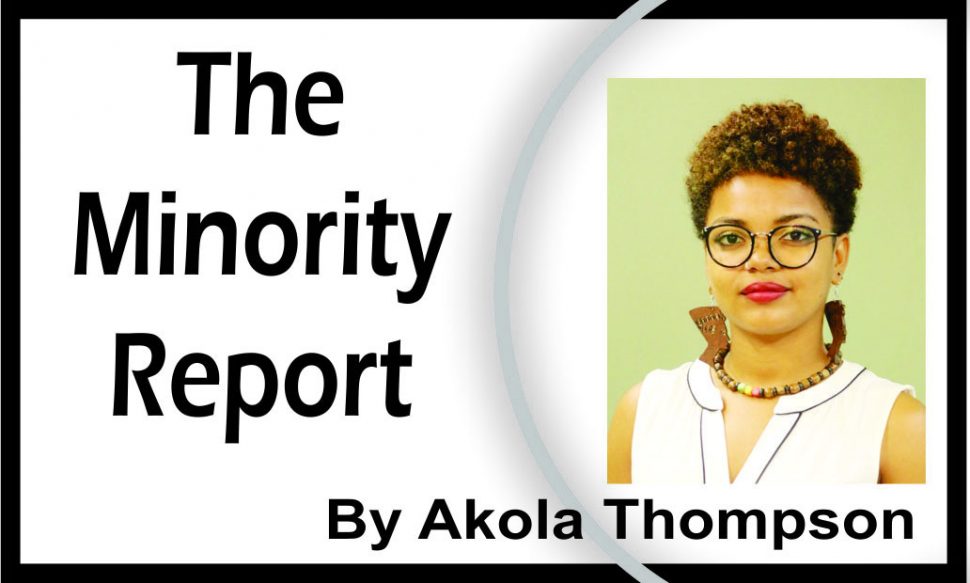We live in a time of heightened fear and uncertainty. For those of us who plan ahead as a past time, we might feel that our objectives and timelines are becoming more and more irrelevant. No matter how long this takes to end, it must be acknowledged that we will reel from the effects of this pandemic for a very long time.
A mandatory shutdown was implemented last week. The order, reading true to the time period from which it came, instituted a countrywide shutdown of non-essential services. Many are now relegated only to their house and yard space, a luxury for some, and a hindrance for others. For those still roaming the streets, the impact of increased police power and demands of capitalism is making itself known on the vulnerable. While we all want to come out of this soon and quarantine is one of the ways to do this, we should not fall into the trap of unhindered support for the State and its agents. Do not report people to the police, particularly if you do not understand their circumstances. The way in which we get out of this is not by policing each other but rather providing support where we can.
With our daily routines thrown out, we are experiencing a new normal. Products cost more, leaving one’s house has to be thoroughly thought out, and prolonged isolation is increasing mental stress. As the strain of isolation reaches its tendrils out to many of us and heightens our fear of the unknown, we must aim to keep check of our mental health. While routines can be a tad tedious, they can be very useful in helping us to navigate our day and centre our minds. As much as it is possible, aim to maintain a regular schedule or create a quarantine schedule where you prioritize self-care.
If you are isolated with others then feel free to open up about your thoughts and feelings about the pandemic or reach out to friends and family who are able to support you via social channels. Not everyone’s experience working or staying home will be the same. While some are lucky to have support systems around, there are some who are more isolated than others. This can see not only an exacerbation of mental health issues in those who suffer from them but might also lead to the development of these by those who had not had them before.
Old and disabled persons particularly who face severe risks during this time, should be supported. From the onset of the virus, the messaging that surrounded it was that it only affected older persons, those with underlying conditions and who are immunocompromised. Many of the plans made and content sent out are made with healthy/able persons in mind. A part of this has to do with the fact that disability is not well understood or acknowledged by many even though a significant portion of our population suffers from both seen and unseen disabilities. The disabled and elderly amongst us often need regular assistance and can struggle with everyday self- care tasks, making a period of limited contact and shutdowns even more risky to them. It is also interesting to note how despite disabled persons and those with chronic illnesses spending decades requesting necessary accommodations such as working from home, having conferences and classes online, these were not made possible. As a result they are forced out of work, social, educational and developmental opportunities. Now that the able-bodied population for the most part has to stay home, the impossible has become realized. Everything has found its way online, not that this is inherently better as it comes with its own host of problems of accessibility. This is something to note as we ponder on the glaring inefficiencies of our systems and movements towards accessibility.
In the absence of effective state and corporate support, it is great to watch the spirit of mutual aid that has sprung up amongst many. Persons are coordinating grocery deliveries and medical supplies. This energy is respected and should be replicated and hopefully sustained long after COVID has become a memory. Community support in the face of need is a radically necessary act that strengthens all involved. It is important that in our practice of mutual aid to those who are in need, that we be careful not to replicate systems of charity and dependency. We should not aim to centralize one person or organization as the one doling out aid, but rather aim to create mutually beneficial systems that ensure access to necessary resources amongst the most vulnerable. Looking out for each other is going to become even more important as the countdown continues.





